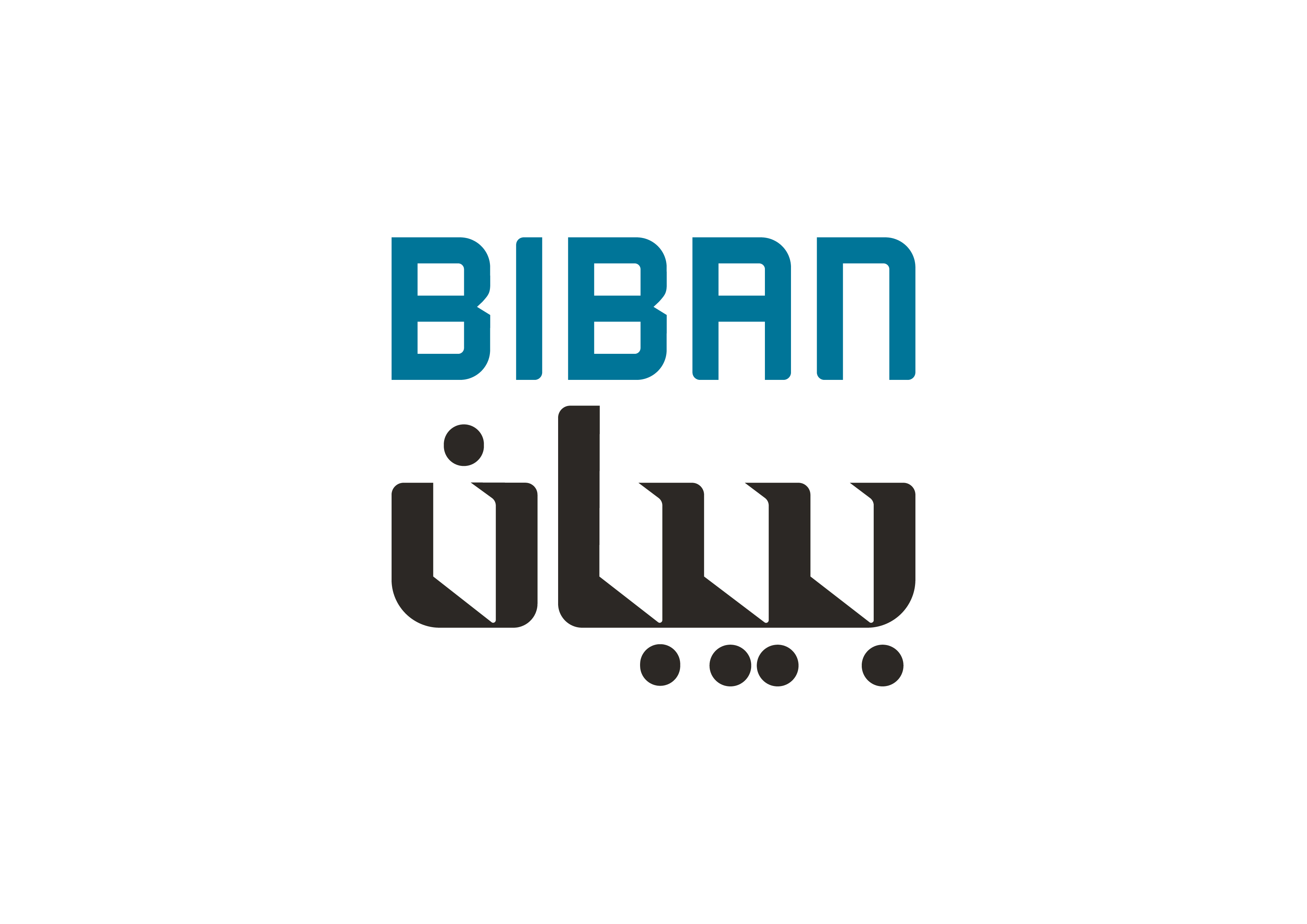
Saudi Arabia’s startup moment: Riyadh steps onto the global stage
Since the launch of Vision 2030, Saudi Arabia has been shaping one of the world’s most ambitious entrepreneurial transformations.
Targeted capital deployment, forward-looking regulation, and a coordinated national innovation agenda are converging to create a high-velocity startup environment, an intentional pillar of the Kingdom’s economic diversification strategy.
Riyadh stands at the center of this effort. The capital is mobilising financial markets, research institutions, and advanced infrastructure to draw founders, global investors, and venture networks seeking scale. The momentum is evident in commercial activity: as of Q2 2025, Riyadh recorded over 500,000 active commercial registrations. In that quarter alone, more than 28,000 new businesses were registered, nearly half in e-commerce.
Nationwide, the total exceeds 1.7 million registrations, up 2% quarter-on-quarter, underlining Riyadh’s role as the driver of nearly 50% of Saudi Arabia’s private-sector economy.
Global destination for opportunity
This November, the Kingdom is showcasing that momentum with Biban Forum 2025, organised by The Small and Medium Enterprises General Authority (Monsha’at). Once a regional gathering, Biban has evolved into a global platform connecting startups with investors, policymakers, and thought leaders.
The scale is striking: more than 140,000 participants are expected, alongside hundreds of speakers and exhibitors presenting breakthrough ideas, technologies, and solutions. Founders from Silicon Valley to Seoul will land in Riyadh to explore deals and forge partnerships.

The world comes to pitch
A centrepiece of Biban is the Entrepreneurship World Cup (EWC) Global Finals, now the largest startup competition of its kind. This year’s numbers tell the story: 10,000+ startups from 169 countries applied, double last year’s field.
From that group, 250 ventures advanced to an intensive bootcamp hosted with Esade Ramon Llull University in Spain, blending workshops, mentorship, and direct investor access. The final EWC 100 will gather in Riyadh to compete for $1.5 million in cash prizes and, equally valuable, global visibility.
Innovation categories span the frontier: 9% of finalists are in the idea stage, 51% early stage, and 40% growth stage. Remarkably, 12% focus on space technologies, a sector rarely associated with Middle Eastern startups just a few years ago.
Beyond capital: building a full ecosystem
While prize money draws attention, Riyadh’s real strength lies in the growing ecosystem taking shape around these events. Saudi startups attracted $860 million in venture capital in H1 2025 a 116% year-on-year increase, accounting for 56% of all VC funding in the MENA region during that period. Riyadh itself hosts a VC hub of 70+ funds, accelerators, and angel groups, reinforcing its position as the region’s capital of early-stage finance.
A hub for the future
As Riyadh is welcoming the world this November, the message is unmistakable: the city is asserting its position as a global leader in entrepreneurship, shaping the narrative, and setting new benchmarks for emerging markets.
If the momentum holds, Riyadh is poised to be recognised not only as a rising economic power but as a startup capital in its own right, a launchpad where the next generation of global entrepreneurs can imagine, build, and scale.

